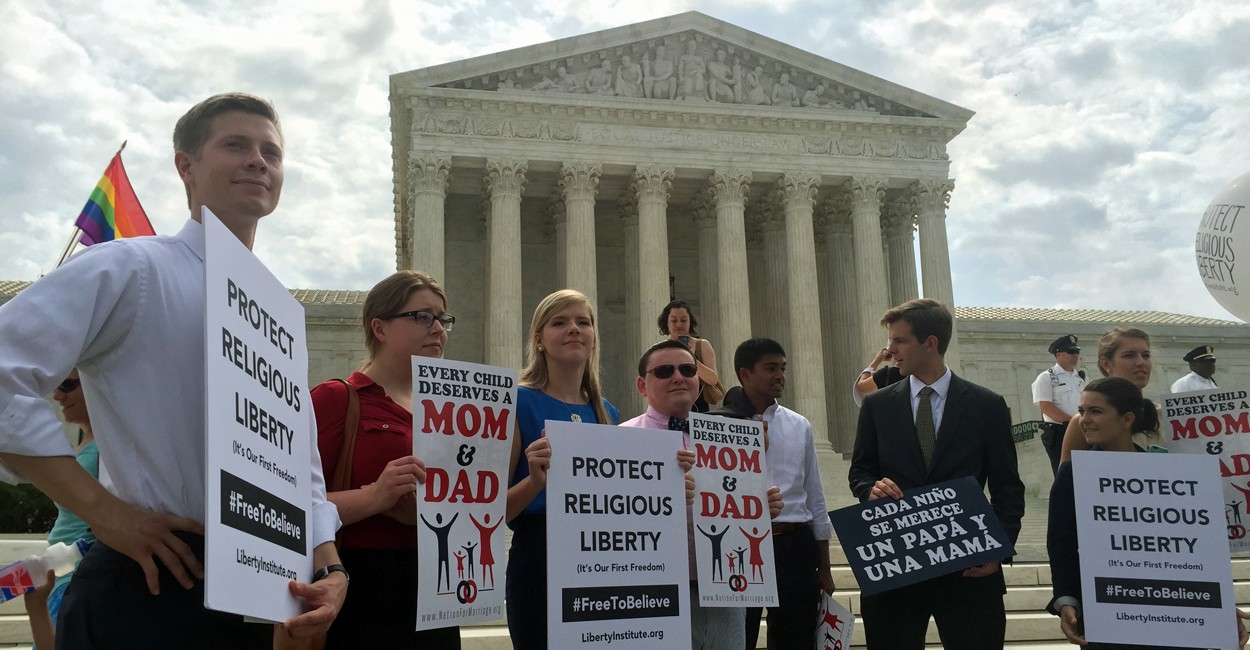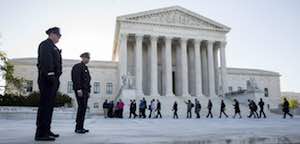The GOP-majority Supreme Court saved President Barack Obama’s bacon Thursday with a political ruling that papered over his signature Affordable Care Act. Writing for the majority in the 6-3 King v. Burwell decision, Chief Justice John Roberts noted that the 900-page law was written behind closed doors with little debate or amendment and thus was “inartfully” drafted. It was the court’s obligation, he wrote, to translate bill language limiting the government subsidies to enrollees in “an exchange established by the State” as meaning enrollees in federal exchanges also can get subsidies.
Roberts always has been a consummate politician in his role as guardian of the big bench. The President George W. Bush appointee had good reason to fear how the public might react if the Supreme Court overturned a law that benefits millions of Americans.
Thirty-four states rely on federal Obamacare exchanges. That’s 6 million people, 87 percent of whom bought health care with federal tax credits. Roberts cited a study that predicted that cutting off those subsidies would result in a 47 percent increase in premiums and a 70 percent decline in enrollment.
Between a rock and a hard place, Roberts argued that Congress surely never meant to cut out subsidies in states without their own exchanges, because “it would destabilize the individual insurance market in any State with a Federal Exchange, and likely create the very ‘death spirals’ that Congress designed the Act to avoid.”
I sympathize, but Roberts has to know he’s wrong. Jonathan Gruber, an MIT economist who advised the White House, explained during a 2012 speech that the federal law limited subsidies to enrollees of state exchanges in order to “squeeze” states to act. Quoth Gruber, “If you’re a state and you don’t set up an exchange, that means your citizens don’t get their tax credits, but your citizens still pay the taxes that support this bill.”
George Washington University law professor Jonathan Turley — no conservative he — wrote last year, “I believe that the text is clear in the Act and that the Obama Administration effectively altered the language when 34 states decided to defy the government and refuse to create state exchanges.”
Via: The American Spectator
Continue Reading....
 ...
...








